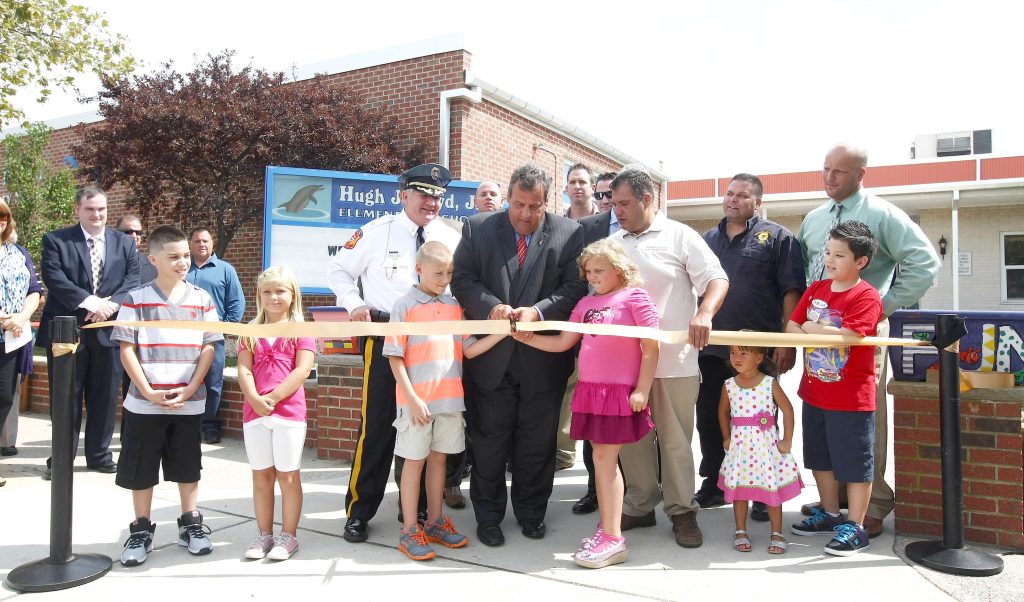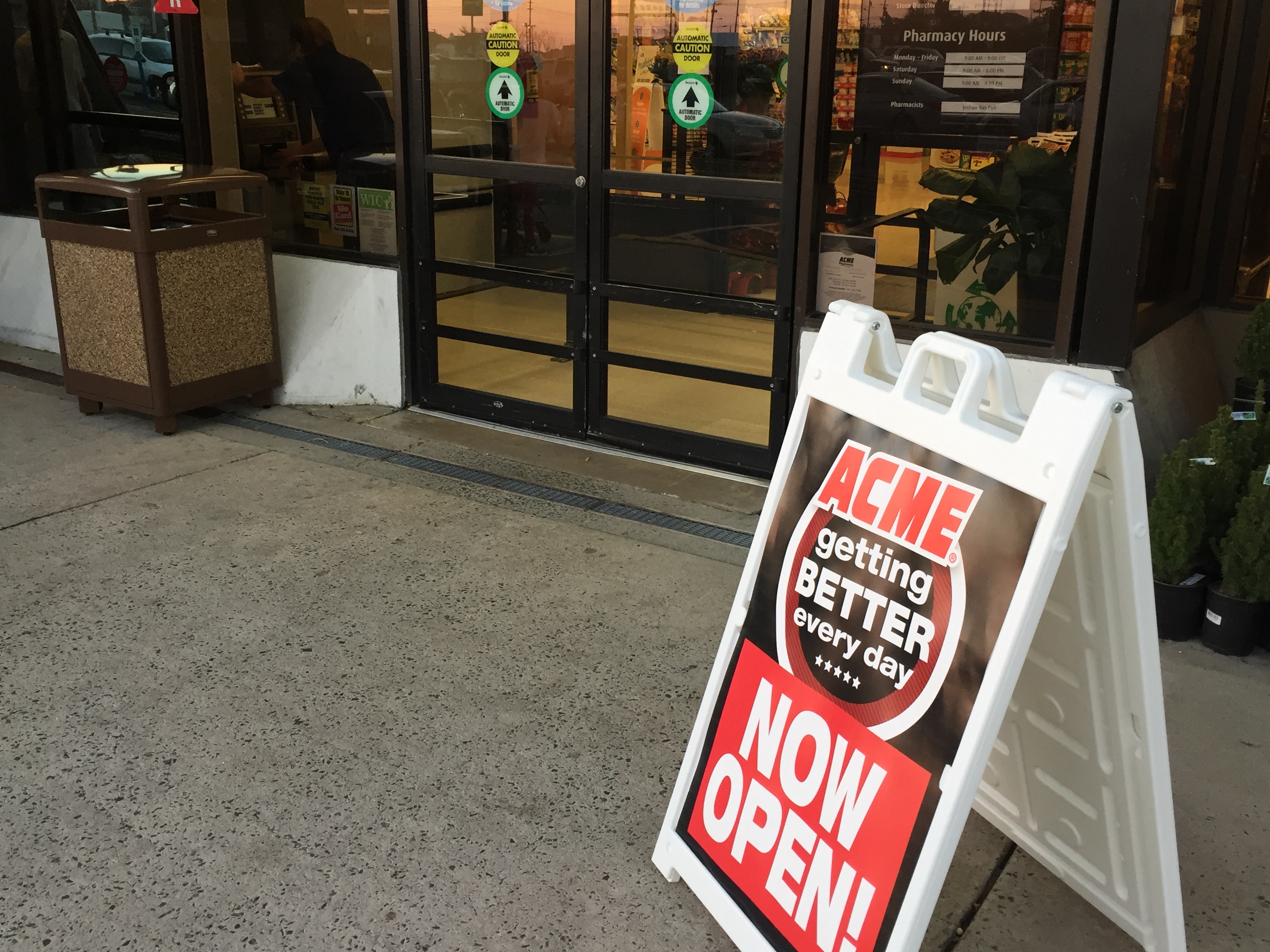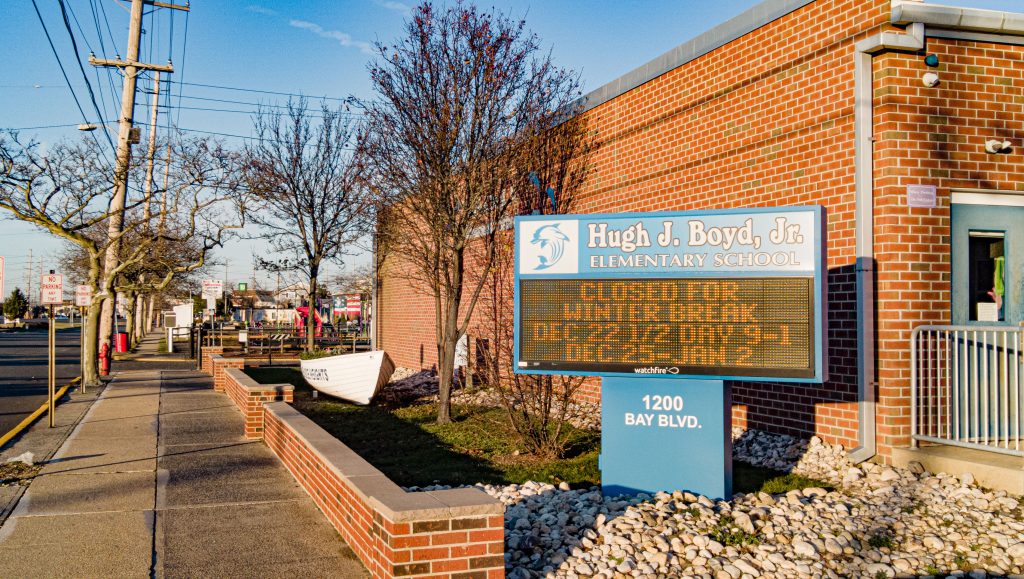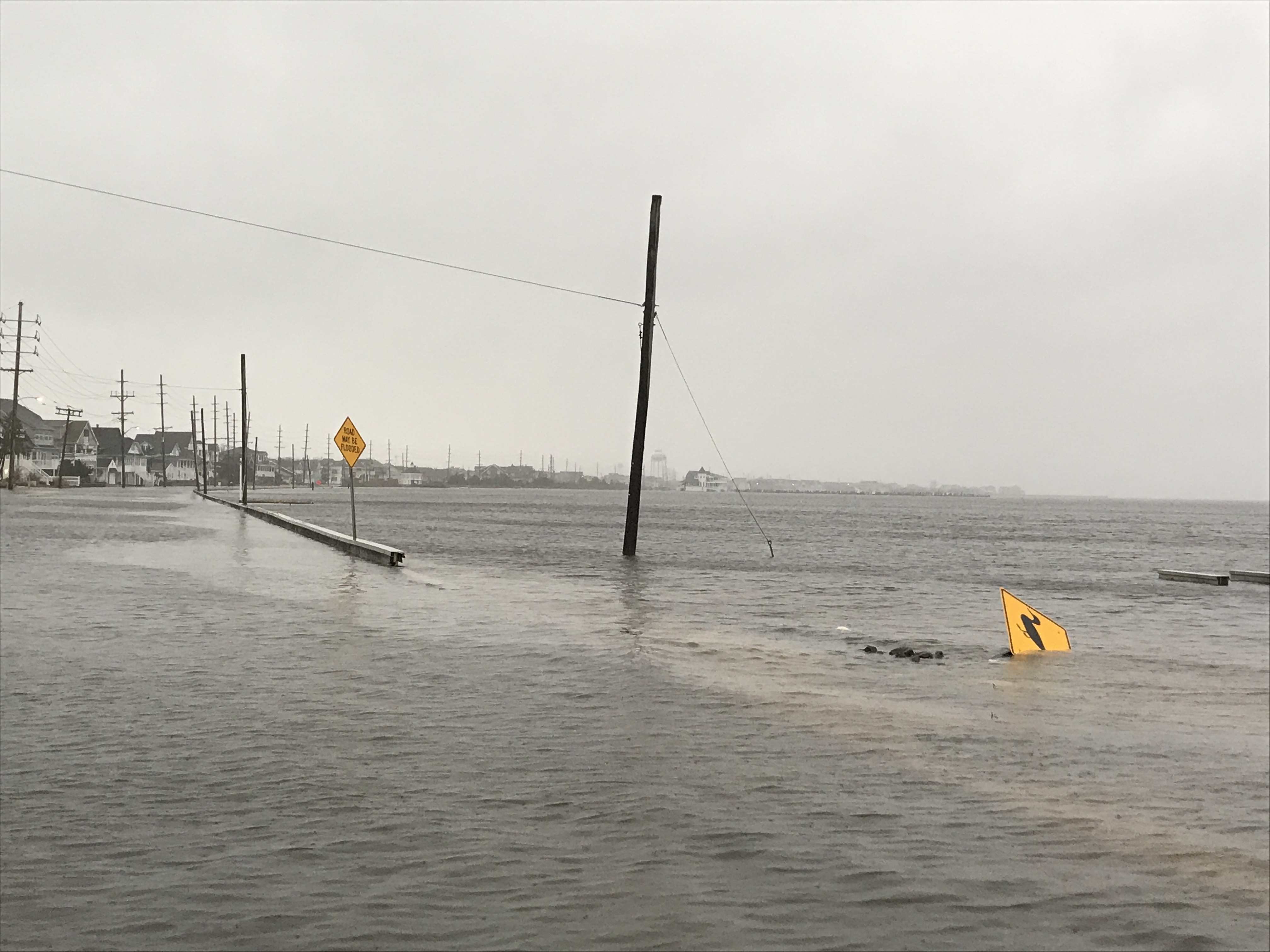Seaside Heights officials, facing the opposition of a group of residents and teachers at the Hugh J. Boyd Elementary School over the prospect of merging the local school district with the Toms River Regional school district, will host a “town hall-style” meeting to discuss the proposal.
A referendum vote was initially supposed to have occurred this month, asking residents to approve or turn down the regionalization plan that came as a result of a study funded by the state, but the combination of a vacancy of the state education commissioner, a holiday weekend and further talks between TRRS and Seaside Heights officials has delayed the vote. Some parties had asked for an exception to a new law disallowing local school referendums from taking place in April (unless the referendum was linked to a budget exceeding the state’s 2 percent spending cap), but it is unknown whether that approval will be granted – or if it can be legally granted. The next available dates for referendum questions would be Sept. 26 or the general election in November.
There have also been negotiations conducted that could keep the Boyd school open for five years, dependent on maintaining a minimum student population.
The borough council will host a “town hall” style meeting Thursday, April 4, 2024 at 6 p.m. in the council chambers above the borough’s fire house at 116 Sherman Avenue. The authors of the multi-part study, including Mary Robinson-Cohen, a former teacher and Roosevelt Public School District superintendent who is also an attorney, will be on hand to answer questions regarding the educational aspects of the merger. Vito A. Gagliardi, a Morristown-based attorney who led the study, will answer legal questions, and Steven Cea, an accountant who specializes in school finance, will speak to the financial and tax ramifications of the regionalization effort.
Students in Seaside Heights attend the locally-controlled Boyd school from pre-K through sixth grade before transferring to the Central Regional school district, located 18 miles southeast in Berkeley Township.
While the meeting is designed to be less formal that a typical council meeting, the public session of the meeting may be preceded or followed by an executive session, and formal action may be taken, a notice of the meeting said. The referendum question and date must still be approved by the state Department of Education, which is currently being led by Acting Education Commissioner Kevin Dehmer.

Former Gov. Chris Christie cuts the ribbon reopening the Hugh J. Boyd Elementary School following Superstorm Sandy, Sept. 5, 2013. (Photo: Governor’s Office/ Tim Larsen)
A group of teachers from the school, as well as several residents, attended a meeting of the borough council this week to express their displeasure over the plan, though officials have said no teachers will lose their jobs over the merger. The report also concluded that Seaside Heights’ student population – heavily impacted by children from non-English speaking families and those with special education requirements – would be better served in the regional school district with significantly more resources.
Robinson-Cohen previously pointed to poor performance by students in the small school district as one of several reasons to support a merger – another being the physical distance of 18 miles between Seaside Heights and Berkeley, as well as issues caused by no uniform curriculum being shared between Seaside Heights and Central. The teachers and local residents, however, contend that a community-oriented school is more beneficial to students, keeps younger children closer to home, and continues a traditional and culture that has been carved out over the course of decades in the borough.
A full report on Wednesday’s reaction from residents and officials is forthcoming on Shorebeat.

Advertisement

Seaside Heights & Seaside Park
Seaside Heights School Board Seeking More Participation, Will Change Meeting Times

Police, Fire & Courts
Seaside Park Man, 68, Charged in Fatal Crash With Pedestrian

Ortley Beach & North Beaches
Lottery Ticket Worth $10K Sold at Ortley Beach Acme

Ortley Beach & North Beaches
Abandoned Private Island ‘Mansion’ in Barnegat Bay Poised for Demolition








